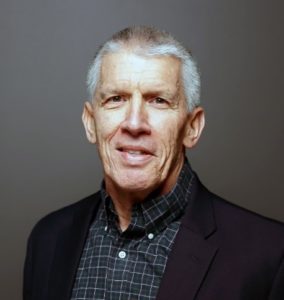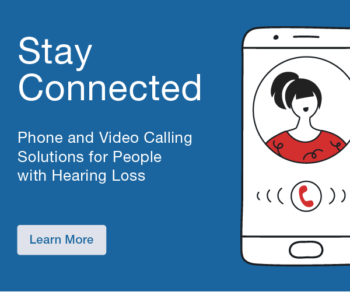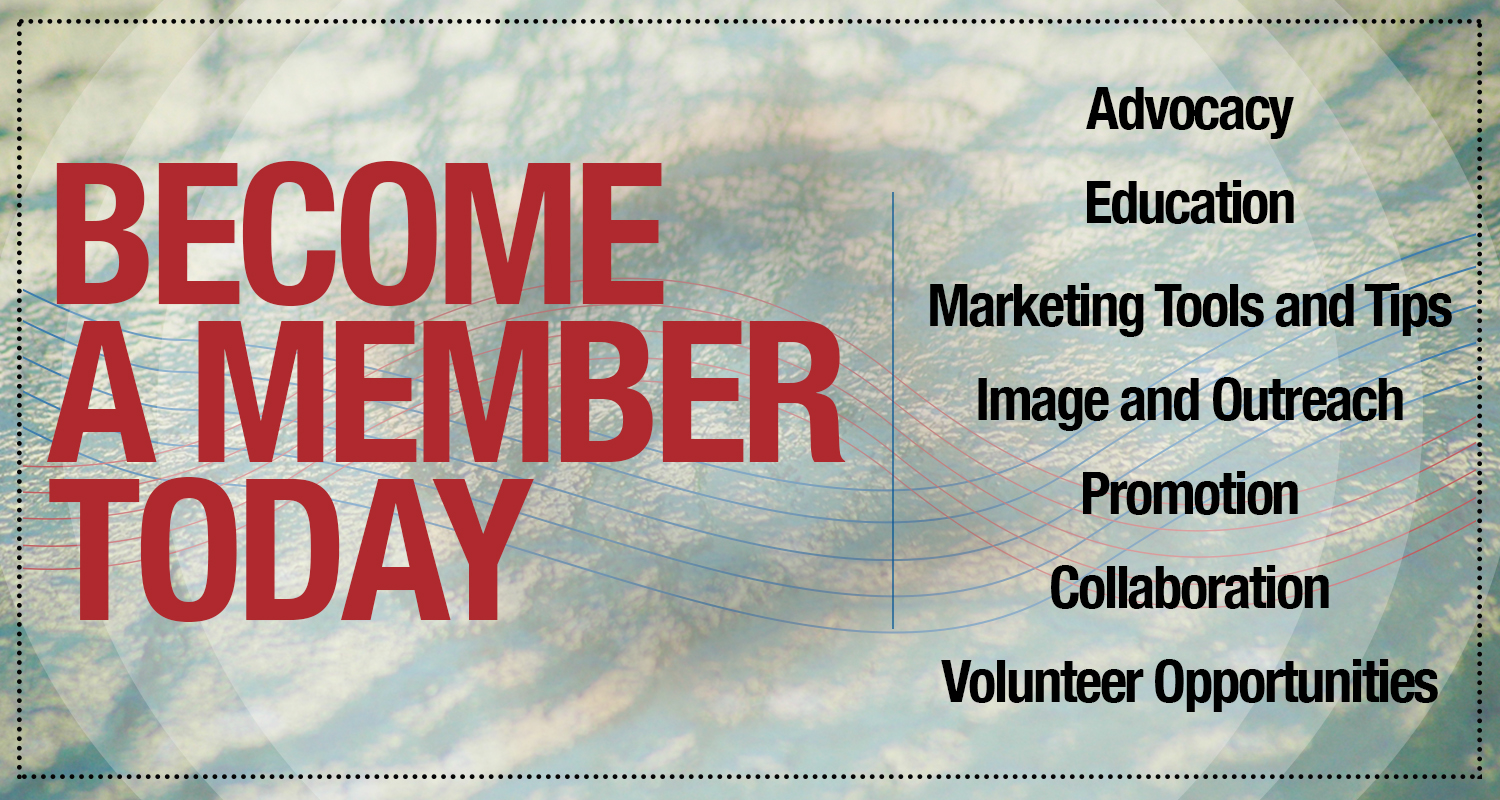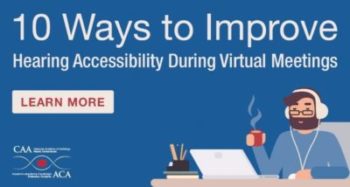 DATE: Wednesday, May 15, 2024 – 1 PM ET
DATE: Wednesday, May 15, 2024 – 1 PM ET
SPEAKER: Larry E. Humes, Ph.D., Distinguished Professor Emeritus, Department of Speech, Language, and Hearing Sciences, Indiana University
- CAA Members view the recording (must first login)
- Non Member fee – $50.00
Abstract:
In this presentation, the concept of auditory wellness will be described, including its connections to other wellness domains and overall well-being. It will be shown that millions of U.S. adults have reduced auditory wellness and have not been served well by the prevailing professional-driven hearing healthcare model. For many with reduced auditory wellness, hearing aids and communication training represent the interventions with the greatest likelihood of improving auditory wellness. Yet, for the many adults with reduced auditory wellness, only about 15-20% have obtained hearing aids through the prevailing hearing healthcare system. For the first time since the development of the modern-day electronic hearing aid over 75 years ago, persons with reduced auditory wellness have been empowered to manage and improve their auditory wellness through self-fitting of over-the-counter (OTC) hearing aids. The self-fitting of hearing aids has been found to be efficacious and effective using several approaches. The fitting of the device, however, is just an initial step, albeit an important one, toward the restoration of optimal auditory wellness. For OTC hearing aids to have the desired impact on those with reduced auditory wellness, many additional self-driven aids and tools must be developed. Viable tools already exist and just need to be made broadly available to those seeking help through OTC hearing aids. In many cases, these tools can be used in collaboration with audiologists to guide the adult with less-than-optimal auditory wellness through their journey to improved auditory wellness. Some of these tools and approaches to their use will be described here. The goal is the creation of a self-empowered, self-driven pathway to improved auditory wellness for adults, an outcome that can be facilitated through collaborations with audiologists.
Learning Objectives:
- “Auditory wellness” is critical to achieving a thriving well-being and overall satisfaction with life, yet millions of adults have reduced auditory wellness.
- “Auditory wellness” is not the same as “hearing wellness”, the latter tied exclusively to the pure-tone audiogram and only capturing the bodily-impairment component of healthy function.
- Over-the-Counter (OTC) hearing aids represent only one component of the process of improving auditory wellness. Training in communication strategies, in addition to or instead of the acquisition of devices, is as critical as the selection and fitting of the devices, yet few self-driven, easily accessible tools have been developed to meet the individual’s needs to date.
SPEAKER BIO: Larry E. Humes, Ph.D., Distinguished Professor Emeritus, Department of Speech, Language, and Hearing Sciences, Indiana University
Larry E. Humes earned his undergraduate degree from Purdue University and a master’s degree from Central Michigan University, before completing his Ph.D. at Northwestern University. He then spent 8 years on the faculty at Vanderbilt University before joining the faculty at Indiana University, where he remains today as Distinguished Professor Emeritus. He has published over 175 articles in peer-reviewed journals and another 60 non-peer-reviewed articles, reviews, chapters, and books. He has presented or been a co-presenter on over 380 presentations throughout the world.
Professor Humes has received the Honors of the Association and the Kawana Award for Lifetime Achievement in Publications from the American Speech-Language-Hearing Association, the Jerger Career Award for Research in Audiology from the American Academy of Audiology and presented the 2020 Carhart Memorial Lecture at the annual meeting of the American Auditory Society. He is a Fellow of the Acoustical Society of America and the International Collegium of Rehabilitative Audiology (ICRA).
- CAA Members view the recording (must first login)
- Non Member fee – $50.00



